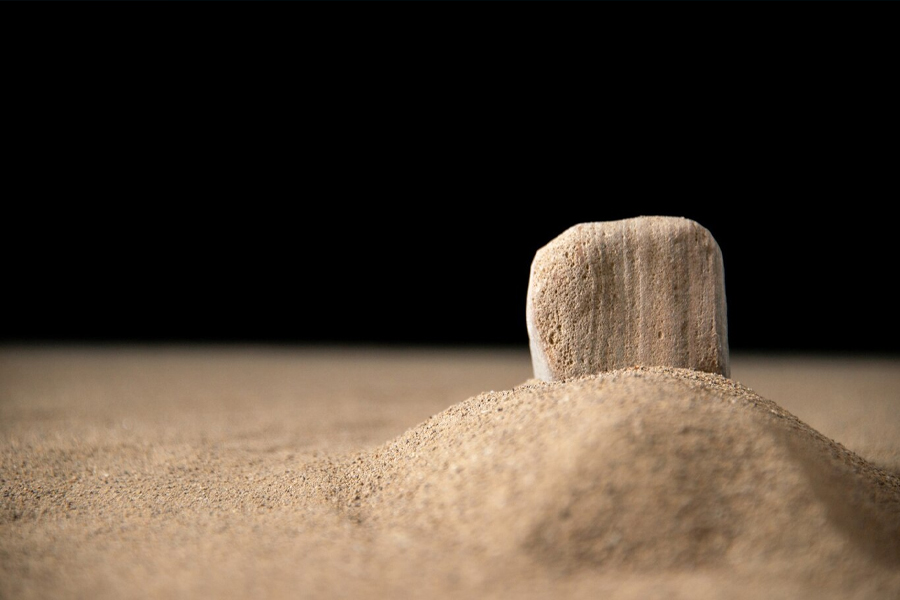Praise be to Allah
Summary: Visiting graves on Eid is not a Sunnah, nor is there any extra reward for doing so on Eid. If a person does it with the belief that there is a special reward tied to Eid, it becomes a bid’ah (religious innovation).
Detailed Answer:
Visiting graves is a practice encouraged in Islam to remind oneself of the Hereafter and to make du’a for the deceased. However, visiting graves specifically on the days of Eid, with the intention of seeking additional reward or believing it to be a part of the Eid celebrations, is not prescribed in Islam and can be considered an innovation (bid’ah). This is contrary to the purpose of Eid, which is to express joy and happiness, as the Prophet Muhammad (ﷺ) emphasized.
The Prophet (PBUH) said, “Do not make my grave an idol that is worshipped. The anger on those who took the graves of their Prophets as places of prostration was terrible”
(Muwatta Imam Malik, Book 9, Hadith 419)
The basis for this ruling can be found in the teachings of the Prophet Muhammad (ﷺ) and the understanding of the Salaf (the early generations of Muslims). The Prophet (ﷺ) said:
“I used to forbid you to visit graves, but now you should visit them, for it softens the heart, makes the eyes weep, and reminds you of the Hereafter”
(Sahih Muslim, Hadith No. 977).
This hadith encourages visiting graves in general but does not specify doing so on Eid. Visiting graves on a specific day like Eid and treating it as a ritualistic practice is problematic because it aligns with the Prophet’s (ﷺ) prohibition against making certain days like festivals for specific acts of worship that have not been legislated. As scholars have stated, the Prophet (PBUH) prohibited specifying particular days for acts of worship unless there is a specific basis for it in the Shariah.
The Prophet (PBUH) said, “Whoever introduces into this matter (Islam) something that is not from it, it will be rejected”
(Sahih al-Bukhari, Hadith No. 2697; Sahih Muslim, Hadith No. 1718).
Explanation:
The celebration of Eid is a time for communal prayers, festive meals, and acts of charity. It is a time of joy and celebration, emphasizing the blessings of Allah and the unity of the Muslim community. Introducing the practice of visiting graves as a part of Eid rituals without any Shariah basis diverts from the essence of Eid and can lead to the misguidance of others who might think such acts carry special rewards.
Moreover, associating specific acts of worship with particular times or places without evidence from the Quran or Sunnah can lead to bid’ah. Innovations in religious matters are serious, as they can lead people away from the true essence of worship as prescribed by Islam.
Conclusion:
Visiting graves is a commendable act when done with the right intention and understanding. However, it should not be tied to specific days like Eid with the belief that it carries extra rewards. It is essential to adhere to the practices endorsed by the Prophet Muhammad(ﷺ) and avoid any innovations in religious matters.
And Allah Knows Best.
Was this helpful?
Leave Your Comments
© Copyright 2025, All Rights Reserved

